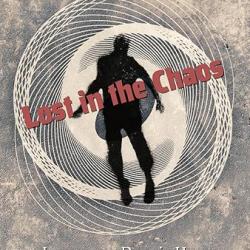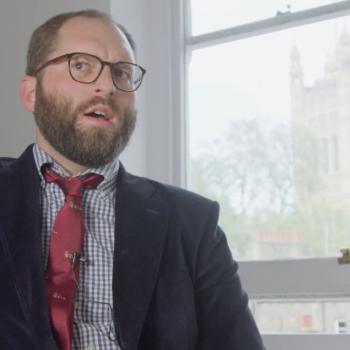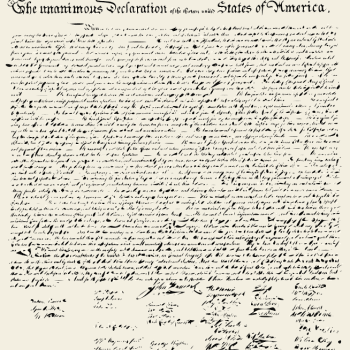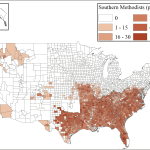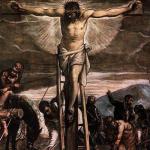We tend to think of the conservative influence in purely political terms: electing Ronald Reagan in 1980, picking away at Social Security, reducing taxes for the wealthy. But one of the movement’s most lasting successes has been in developing a common intellectual heritage. Any self-respecting young conservative knows the names you’re supposed to spout: Hayek, Rand, Ludwig von Mises, Albert Jay Nock. There are some older thinkers too—Edmund Burke, for instance—but for the most part the favored thinkers come out of the movement’s mid-20th century origins in opposition to Soviet communism and the New Deal.
Liberals, by contrast, have been moving in the other direction over the last half-century, abandoning the idea that ideas can be powerful political tools. This may seem like a strange statement at a moment when American universities are widely understood to be bastions of liberalism, and when liberals themselves are often derided as eggheaded elites. But there is a difference between policy smarts honed in college classrooms and the kind of intellectual conversation that keeps a movement together. What conservatives have developed is what the left used to describe as a “movement culture”: a shared set of ideas and texts that bind activists together in common cause. Liberals, take note
Once upon a time, the Old Left had “movement culture” par excellence: to be considered a serious activist, you had to read Marx and Lenin until your eyes bled. For better or worse, that never resulted in much electoral power (nor was it intended to) and within a few decades became the hallmark of pedantry rater than intellectual vitality.
The New Left reinvented that heritage in the 1960s. Instead of (or in addition to) Marx and Lenin, activists began to read Herbert Marcuse, C. Wright Mills, and Saul Alinsky. As new, more particular movements developed, the reading list grew to include feminists, African-Americans, and other traditionally excluded groups. This vastly enhanced the range of voices in the public sphere—one of the truly great revolutions in American intellectual politics. But it did little to create a single coherent language through which to maintain common cause. Instead, the left ended up with multiple “movement cultures,” most of them more focused on issue-oriented activism than on a common set of ideas.
Liberals have channeled their energies even more narrowly over the past half-century, tending to prefer policy tweaks and electoral mapping to big-picture thinking. When was the last time you saw a prominent liberal politician ascribe his or her passion and interest in politics to, of all things, a book?
via Paul Ryan and Ayn Rand: Why don’t America liberals have their own canon of writers and thinkers? – Slate Magazine.







